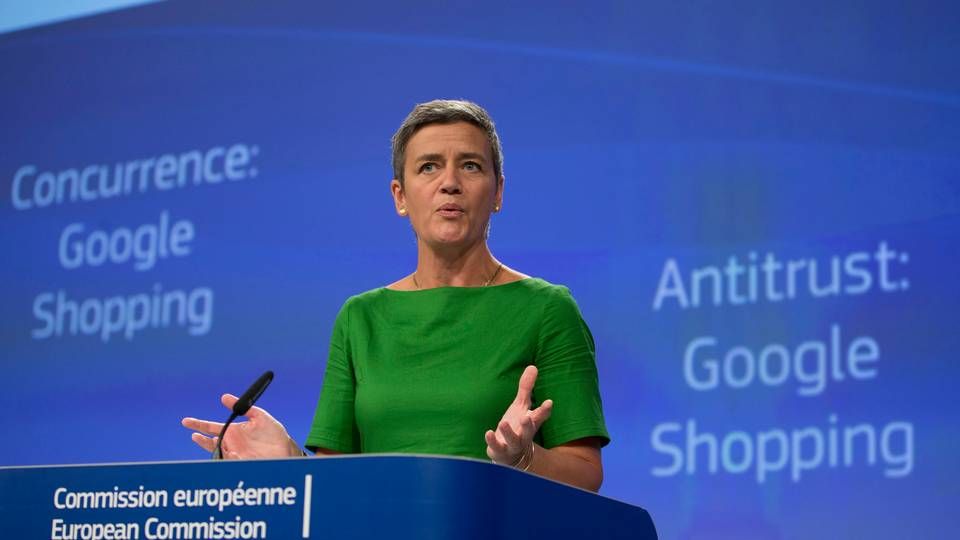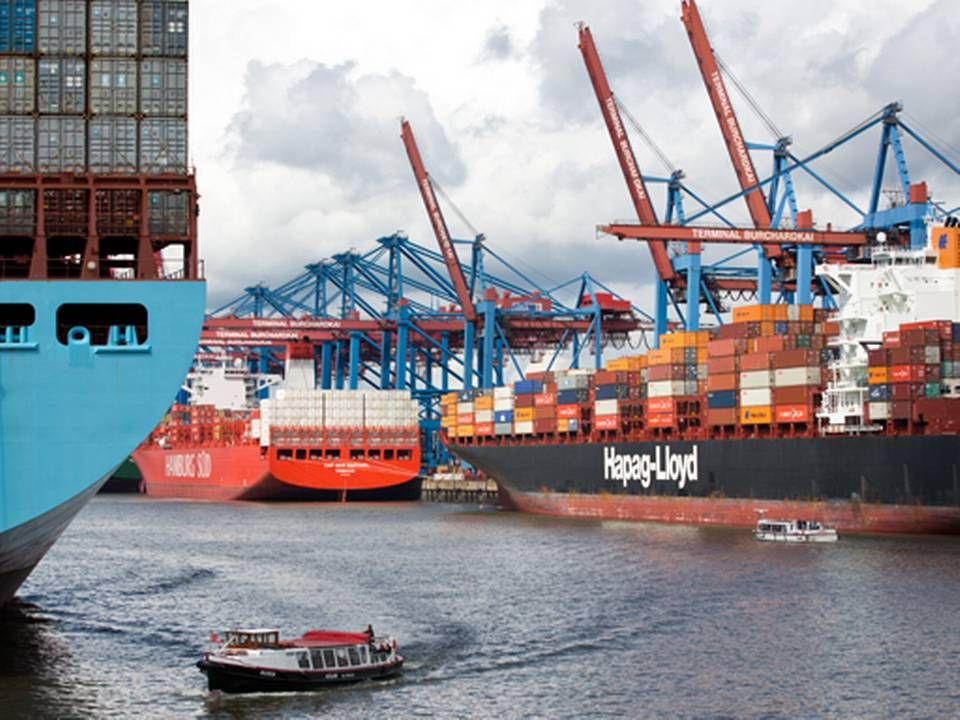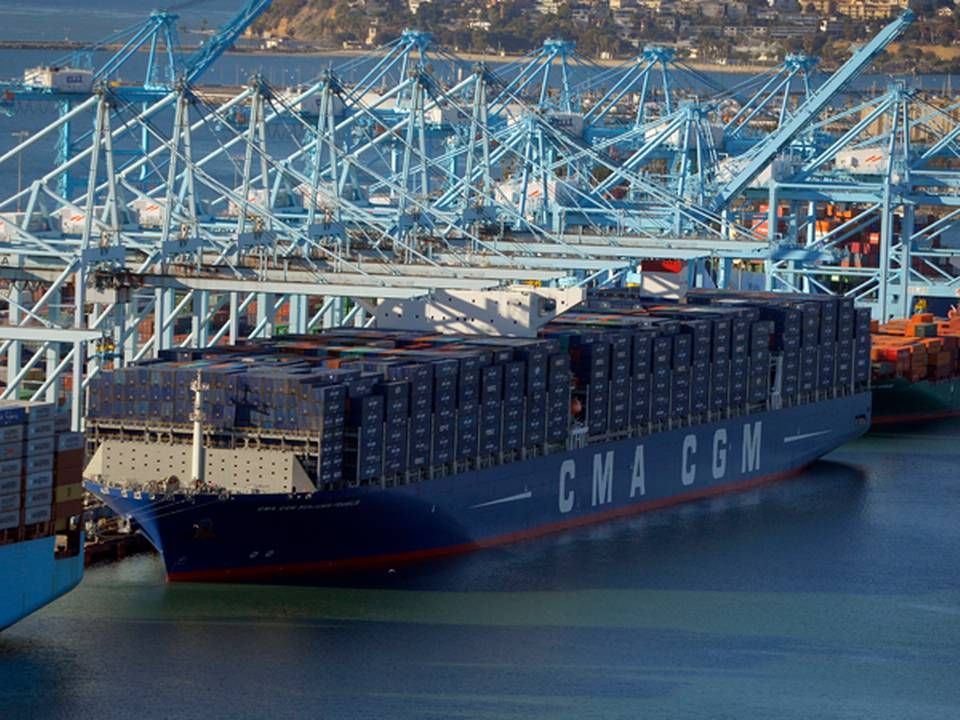Shippers will take emergency surcharge to the EU Commission

The liner companies' new emergency bunker surcharge (BAF) will now be brought before the EU Commissioner for Competition, Margrethe Vestager.
The European Shippers' Council will have the EU Commission look into the controversial new BAF after five of the world's biggest liner companies within a few days of each other announced the so-called emergency bunker surcharge customers would have to pay, says Rogier Spoel, spokesman for the European Shippers' Council (ESC), to ShippingWatch.
"We will address this with the Commission," he says adding that the question discussed at ESC meetings Tuesday and Wednesday.
Numerous shippers have in the past week contacted the ESC to voice their frustration about the new BAF, which MSC, Maersk Line and CMA CGM within juts a few days were the first to announce.
Hapag-Lloyd and Cosco followed suit. According to Speol, the new BAF came as a surprise to mange of the associations members – and not a pleasant one.
"We were not expecting this. Yes, we see an increase in the oil prices, so there is always talk of maybe such a development. But the argumentation of why it should be implemented is not very strong. When there is an increase in fuel prices, the surcharge come back on the table, but there should be a more transparent system. Now everyone is surprised and there is a lot of fuss between carriers and shippers," he says, pointing to the fact that shippers such as Electrolux and Cargill already have communicated that they will not pay the fee if they can help it.
Spoel, like others, is puzzled by the use of the term 'emergency'. In his view, there should only be an emergency surcharge in cases concerning actual emergencies, for instance a fuel crisis in the Middle East.
"This is a fluctuation in price, and it has been much lower than today, where carriers also got some advantage out of that, and that is fine, that is how it works. But to bring in the surcharge with weak evidence and on such a short term is not a good development."
The shippers are worried that the new BAF will not enable them to move forward. They worry that other liner companies will copy the BAF and that the entire market will just move in one direction, explains Spoel.
"They are in discussions with the carriers not willing to pay the surcharge. You create a lot of negative energy in the market again," he says, referring to the bankruptcy of Hanjin Shipping that disrupted the market for long time.
Major players have leverage
But there is no other way around it but to negotiate. Here, the bigger players such as Electrolux and Cargill will have an edge.
"The bigger companies have negotiation power. The smaller have not, and they often use logistics service providers, where big companies negotiate directly with carriers and have some leverage there," Spoel says.
Maersk Line has, as the only one, publicly stated that the new BAF will be removed when the fuel price reaches USD 370 per ton. Analysts note that the new BAF reflects the strain the liner companies face in the second quarter.
European Shippers' Council is already in contact with the EU Commission in relation to another topic in the container sector. During the past month, the liner companies' Consortia Block Exemption Regulation (CBER) from the European competition rules has been brought up for renewed discussion, and the ESC will meet next week to discuss its position.
The emergency BAF could become part of this discussion, says Spoel, who also represents the Dutch shippers. The Dutch have a clear position, namely that liner companies should not be able to use CBER on capacity going forward.
"New alliances, new lanes, idle ships and a lot of disturbance in supply chain, make us say that there is proof that you should not have these consortia agreements on the capacity. Other parts of this are understandable."
English Edit: Daniel Logan Berg-Munch
Related articles
Cargill joins criticism of liner companies' emergency BAF
For subscribers
The battle over the emergency bunker surcharge heats up
For subscribers


















